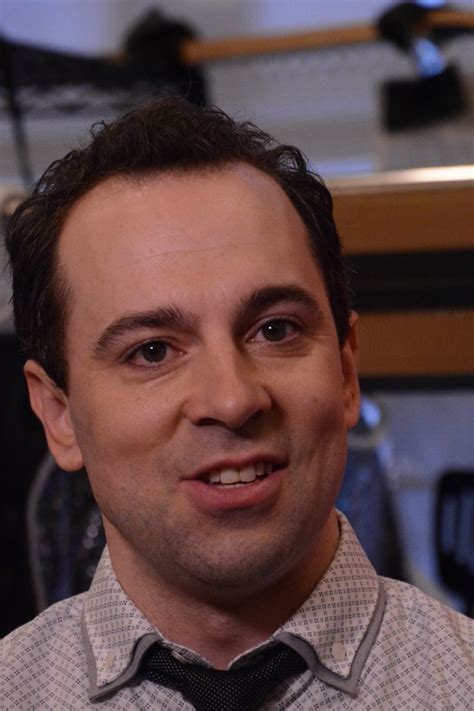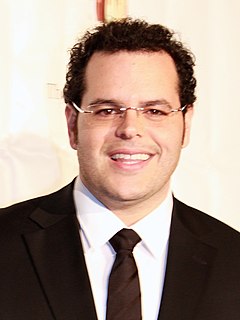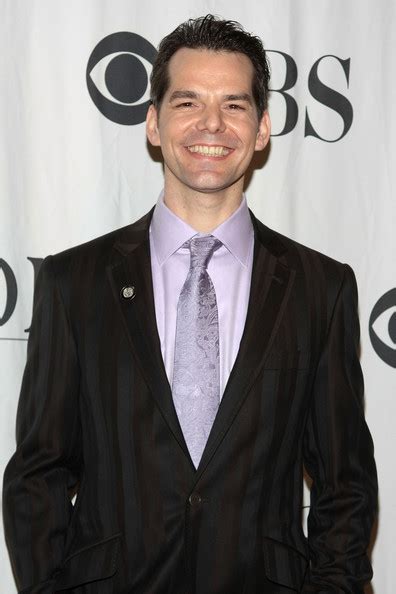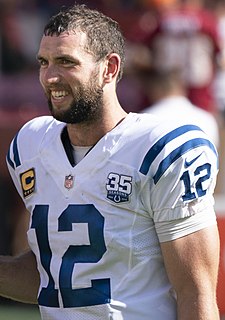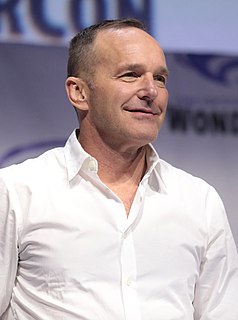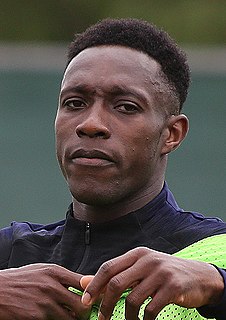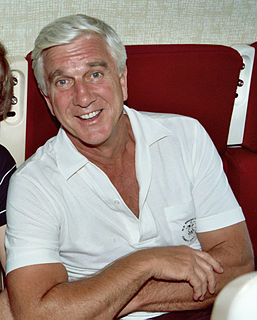A Quote by Rob McClure
My initial introduction to him was - this is a funny story... My Aunt Marian, my entire life growing up, told me that I looked like Charlie Chaplin. That didn't really resonate with me when I was younger - I hadn't seen a lot of his films.
Related Quotes
Working with Chaplin was very amusing and strange. His films are so funny, but working with him, I found him to be a very serious man. Whereas the films of Hitchcock are macabre, he could be a very funny man to work with, always telling jokes and holding court. Of course, when I worked with Charlie he was getting older.
I could never be Charlie Chaplin. But the films that were made by people like him, or Gene Wilder, or John Candy, the people that inspired me so much were the people that were able to combine humor with heartbreak so beautifully and fluidly. Those films I think were what inspired me to want to come to L.A. and audition for movies.
Because of my comedic-influence growing up, Mel Brooks, Jim Carrey, Steve Martin… A lot of Jeff comedic-influences included Charlie Chaplin and physical comedians of the silent-era. What we were able to do together is to show all these major influences but make it into our own comedy. We've seen the stereotypical boy-meets-girl story a hundred thousand times…
He [Charlie Chaplin] was always playing as if it were to the camera, if you've seen the live shots of him when he's going to an opening night or something like that. And the skills that he had were beyond my ability to throw together. You just couldn't really compete with him. He was too athletic at that.
When I was younger, I didn't have that type of person that I could look up to and be like, 'OK, this is someone who dresses like me and I relate to.' I didn't have that growing up, so to give that opportunity to a younger generation of women - and not just Somali women, but anyone who feels different - that means a lot to me.
